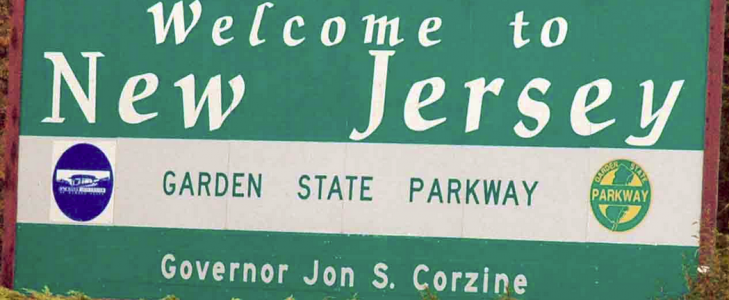After one month of regulated online gaming in New Jersey, the numbers are in: 91,531 players have created an account so far. The New Jersey Division of Gaming Enforcement has yet to find out how many of these accounts are actually playing for real money. But we can reasonably assume that thousands of people are betting money on the state’s poker sites.
Seven companies are operating in the regulated market at this point. The original six operators are Bally’s Atlantic City, the Borgata Hotel Casino, Caesars Atlantic City, the Tropicana Casino and Resort, Trump Plaza Hotel and Casino, and the Trump Taj Mahal Casino Resort. The Golden Nugget Atlantic City recently became the seventh operator to join the party.
Golden Nugget’s entrance into New Jersey’s online gaming market brings yet another company that can entice new players. But we have to think that the 91,531 accounts at this point could be even higher if the Garden State had done things a little differently.
First off, they denied PokerStars by suspending review of their gaming application for two years. The real reason why is clear: New Jersey wants to give their struggling Atlantic City casinos an opportunity to make some money before allowing a major competitor like Stars to enter the fray. Isai Scheinberg’s unsettled case with the US Department of Justice simply makes for a convenient excuse.
But by keeping PokerStars out, New Jersey also loses out on all of the marketing and resources that the world’s largest online poker site could’ve brought. Imagine how many more people would be interested in online poker if Stars were allowed to advertise through mainstream outlets in New Jersey. But they can’t, so that’s just one less strong force acting to bring more players to the game.
A smaller reason that may be dragging down the number of current accounts is the technical issues that New Jersey is having. It was recently reported that only 25% of those who sign up and deposit at these legal online poker sites are able to play. New Jersey is making internet gaming operators screen everybody to make sure no out-of-state players are betting. However, these filters have worked a little too good and are denying many people who actually live in the Garden State. So some potential players may have been discouraged from signing up after reading about these issues.
In any case, what the New Jersey government will really care about is how much additional revenue these online poker sites generate. Wall Street analysts believe that these poker rooms will earn around $300 million in 2014. These numbers are very conservative compared to the $1 billion that Governor Chris Christie has predicted by July of ’14.
